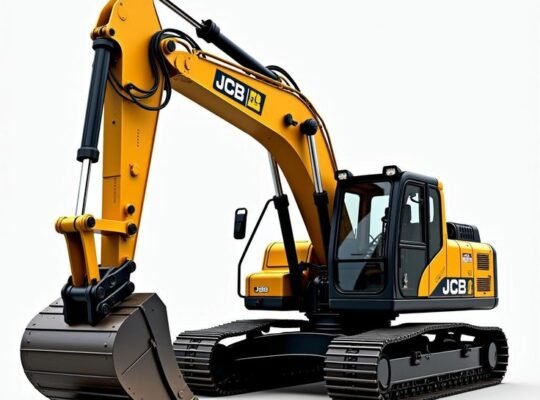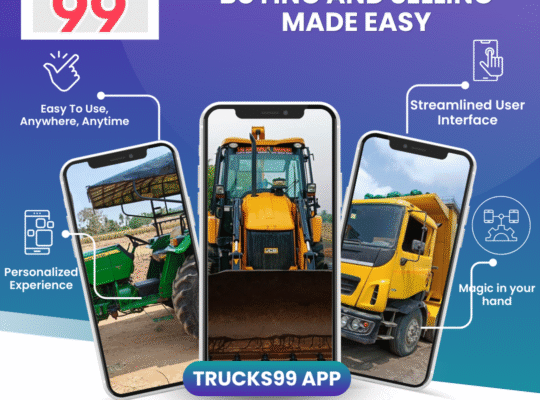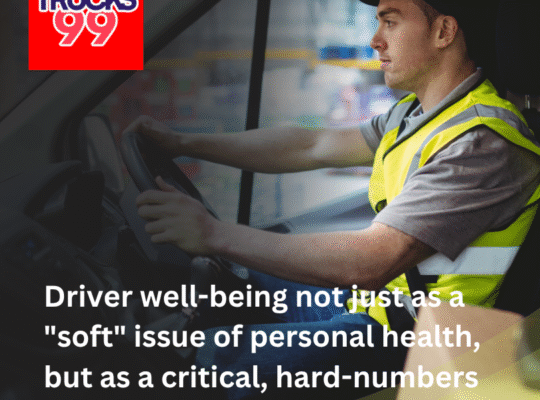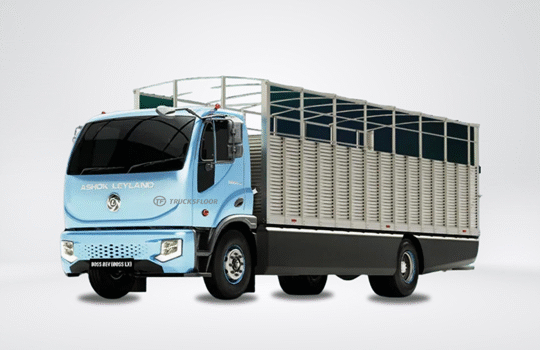Seller asks vs. Buyer counters”
🚛 Smart Negotiation Guide for Buying Used Commercial Vehicles
Negotiating is not just about getting the lowest price — it’s about ensuring the vehicle is worth what you pay and setting yourself up for lower long-term costs. Here’s how to approach it:
Do Your Homework Beforehand
• Research Market Rates: Check prices of similar models, year, mileage, and condition in your region (Trucks99 listings can be a benchmark).
• Know Common Depreciation: Commercial vehicles usually lose 15–20% value per year in the first 3 years, and then slower afterward. Use this to set your expected price range.
• Compare Multiple Options: Always inspect 2–3 vehicles before negotiating. Sellers take you more seriously when they know you have alternatives.
📌 Tip: Go into the negotiation with a “target price” (your ideal) and a “walk-away price” (your maximum).
Use Vehicle Condition as a Bargaining Tool
• Point out visible issues: tyre wear, paint scratches, rust, dents, or worn seats.
• Highlight mechanical concerns: engine sound, brakes, clutch wear, leakage.
• If tyres, battery, or insurance need
immediate replacement, estimate the cost and deduct it from the asking price.
📌 Phrase it politely: “This vehicle looks good, but since I’ll need to spend ₹70,000 on tyres and insurance immediately, the fair price should be closer to…”
Leverage Documentation & History
• If service records are incomplete, use it to ask for a discount(uncertain maintenance = higher risk for you).
• Pending challans, tax dues, or lapsed fitness certificates can be price-reduction points.
• A single-owner vehicle with complete records deserves less negotiation, but if multiple owners are involved, push harder.
Control the Negotiation Tone
• Stay polite and professional. Avoid showing desperation (“I need this truck urgently”).
• Show genuine interest, but also drop hints that you’re considering other vehicles.
• Ask open-ended questions:
• “What’s the lowest price you can give if I close today?”
• “If I handle transfer and insurance myself, can you adjust the price?”
📌 Silence works too — if you pause after hearing their quote, many sellers reduce the price themselves.
Negotiate Beyond the Price
Sometimes value is not just in rupees saved but in extras included:
• Ask for new tyres, fresh service, or warranty on engine/gearboxbefore
purchase.
• Request help with ownership transfer or fitness renewal as part of the deal.
• Negotiate on payment flexibility — some sellers may agree to installments or part-exchange with your old vehicle.
Seal the Deal Smartly
• Once agreed, confirm everything in writing — sale agreement, payment receipts, and commitments (like tyre replacement).
• Avoid paying full cash upfront; use bank transfer or demand draft for security.
• Always keep a buffer for hidden repairs that might surface after purchase.
✅ Quick Negotiation Checklist
• [ ] Target price fixed
• [ ] Vehicle inspected with cost of repairs estimated
• [ ] Document verification done
• [ ] Extra benefits (service/tyres/transfer) discussed
• [ ] Final agreement signed
👉 Bottom line: Smart negotiation is about facts, not arguments. Go in prepared, highlight real costs, stay calm, and close only when the deal is fair and profitable for your business.













